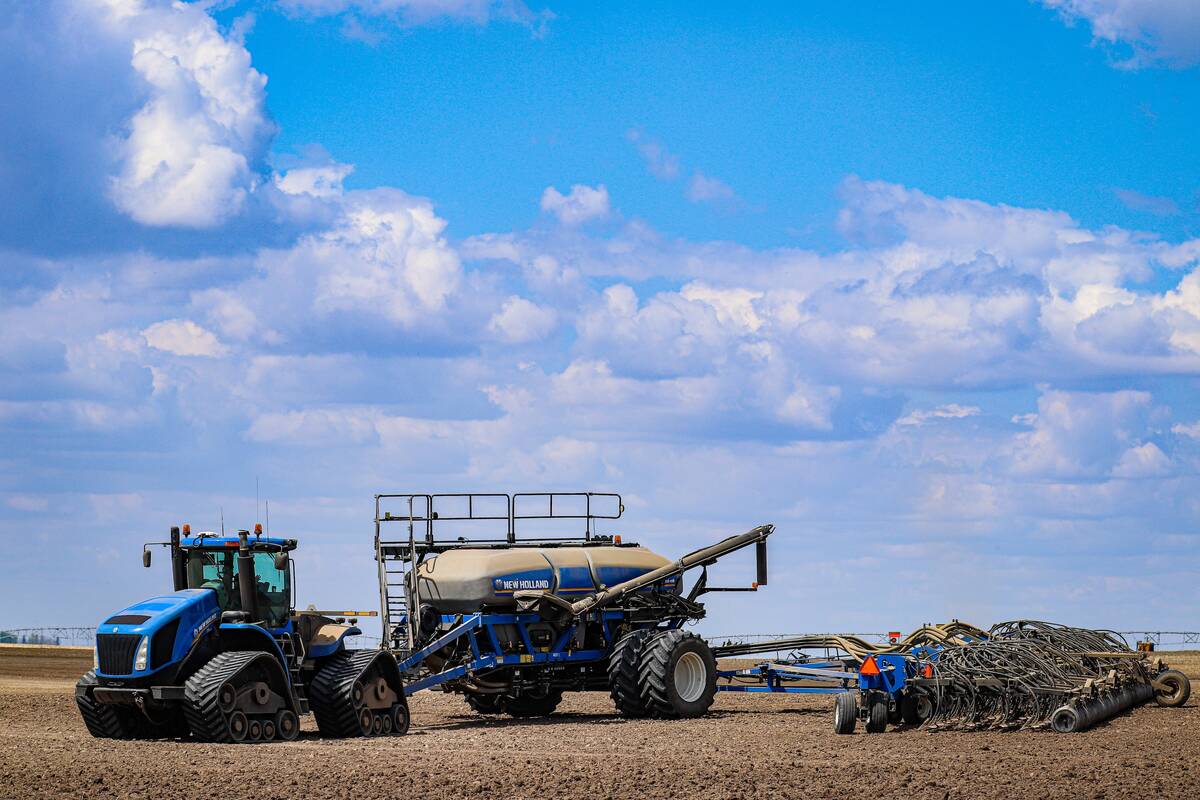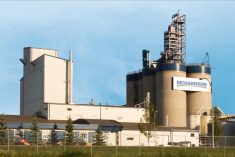WINNIPEG, March 9 – This week’s dump of snow in eastern Saskatchewan and western Manitoba will likely push back fieldwork and fertilizer applications on a lot of farms, according to one crop watcher.
Keystone Agricultural Producers president Dan Mazier, speaking from a conference in the U.S., says only about half of the normal amount of fertilizer went on Manitoba fields last fall due to the late harvest.
While many were likely hoping for a dry March and an early start to field work, that likely won’t happen.
Read Also

NFU says proposed plant breeders’ rights come at farmers’ expense
The National Farmers Union is pushing back against changes to the Plant Breeders’ Rights Act that would narrow the scope of farmers’ right to save seed or propagate crops from cuttings and tubers.
“All that pre-melting we had during February is all gone now,” said Mazier. ”We’re back to where we started.”
He notes there is a lot of crop to get off first too, so producers will be scrambling when the ground is dry enough to support machinery.
“In hindsight it may not be a bad thing that the fertilizer didn’t go on as there will be runoff with the wet spring,” he said.
The story is different in Alberta where much of the southern part of the province is considerably drier.
“I guess one of the big things to look for is how dry the crop is left out in the field,” said Lynn Jacobson, president of the Alberta Federation of Agriculture.
Speaking from his farm southeast of Calgary, he saids some producers are optimistic they’ll be able to start laying down fertilizer next month.
“People will probably be out by the 10th of April working things. Still, you can’t say for sure,” he said.
The price of nitrogen fertilizer has increased slightly since the fall, he said, but many farmers he knows have already bought their supplies.
“Probably the large majority of people have pre-bought three-quarters of their usage,” he said.
That approach was also taken by a lot of farmers in Manitoba, said Mazier.
“Guys have it priced and bought up, but the logistics of getting it onto the ground is the bigger challenge,” he said, adding prices have gone up roughly $20 a tonne since the fall.
He adds some producers will likely be buying right now though, as not everyone can store fertilizer through the winter.
“You might have got a good deal on the fall but if you can’t get on the land then you have to store it.”
















